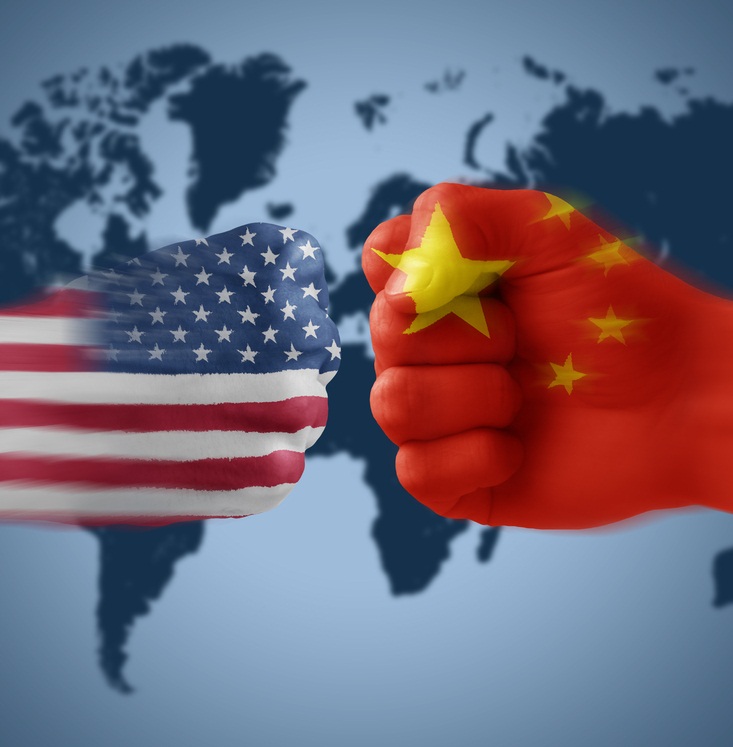

The US Commerce Department has added seven Chinese supercomputing entities to it Entity List for “conducting activities that are contrary to the national security or foreign policy interests of the United States.”
The US announcement on Thursday of the addition of the entities to the US blacklist comes because the Commerce Dept said the blacklisted entities were assisting the Chinese military.
The seven entities added are Tianjin Phytium Information Technology; Shanghai High-Performance Integrated Circuit Design Center; Sunway Microelectronics; the National Supercomputing Center Jinan; the National Supercomputing Center Shenzhen; the National Supercomputing Center Wuxi; and the National Supercomputing Center Zhengzhou.
“These entities are involved with building supercomputers used by China’s military actors, its destabilising military modernisation efforts, and/or weapons of mass destruction (WMD) programs,” said the US Commerce Department.
The development comes after the US in December added SMIC, China’s largest semiconductor manufacturer, to a list of companies owned or controlled by the Chinese military.
“Supercomputing capabilities are vital for the development of many – perhaps almost all – modern weapons and national security systems, such as nuclear weapons and hypersonic weapons,” said US Secretary of Commerce Gina M. Raimondo.
“The Department of Commerce will use the full extent of its authorities to prevent China from leveraging US technologies to support these destabilising military modernisation efforts,” said Raimondo.
The US ruling takes effect immediately, but does not apply to goods from US suppliers already en route.
The United States has been steadily adding Chinese firms to its Entity List under the tenure of former President Donald Trump, and the US policy against China continues under current US President Joe Biden.
The blacklist prevents US companies from providing goods and services to the listed companies without a licence.
Perhaps the time most people beware aware of the policy was when networking equipment giant Huawei was added to the list in May 2019.
China’s foreign ministry spokesman Zhao Lijian was quoted by Reuters as saying that Beijing will take “necessary measures” to protect its companies’ rights and interests.
“US containment and suppression cannot hold back the march of China’s scientific and technological development,” he reportedly said at a daily news conference in Beijing on Friday.
American space agency prepares for testing of Boeing's Starliner, to ensure it has two space…
As UK and Europe develop closer military ties, European Commission says it will invest €1.3…
Zuckerberg seeks to revive Facebook's original spirit, as Meta launches Facebook Friends tab, so users…
Notable development for Meta, after appeal against 2021 WhatsApp privacy fine is backed by advisor…
First sign of shake-up under new CEO Lip-Bu Tan? Three Intel board members confirm they…
Trump's nominee for SEC Chairman, Paul Atkins, has pledged a “rational, coherent, and principled approach”…